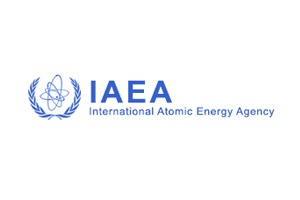
Components for nuclear reactors are made from zirconium alloys because they have a low thermal neutron capture cross-section, high resistance to corrosion in high temperature water and acceptable mechanical strength. During service the properties of the components can degrade because of irradiation damage, oxidation and hydrogen ingress. This project address the initial stages of hydrogen related crack development that define conditions when fuel integrity can be lost. The results from such a programme will also be relevant to evaluations of fuel transportation and dry storage.
LEI activities in the Project
The aim of this project is to develop experimental procedures in order to assess the conditions of hydride cracking in zirconium alloy fuel cladding and to determine the values of stress intensity and temperature limits at which the failure of fuel claddings can occur. The research is important for solving the issues of ensuring safe operation of nuclear power plants and assessing the resistance of fuel cladding to the hydride cracking during long-term storage of spent nuclear fuel.
Total cost: 200 000 USD (LEI part: 15 000 USD)
Coordinator: Lithuanian Energy Institute (LEI)
Partners:
- Argentina
- Brazil
- Canada
- Germany
- India
- Japan
- Lithuania
- Pakistan
- Republic of Korea
- Russian Federation
- Sweden
- Switzerland
- Ukraine
Project Team
| Name, surname | Office | phone. | |
|---|---|---|---|
|
LEI Representative |
|||
| Vidas Makarevičius | 135-LK | +37037401907 | Vidas.Makarevicius@lei.lt |
|
Project Team |
|||
| Rita Kriūkienė | 134-LK | +37037401907 | Rita.Kriukiene@lei.lt |
| Albertas Grybėnas | |||





